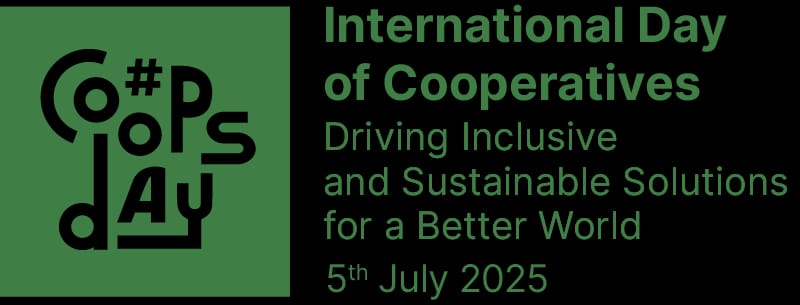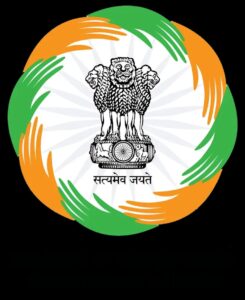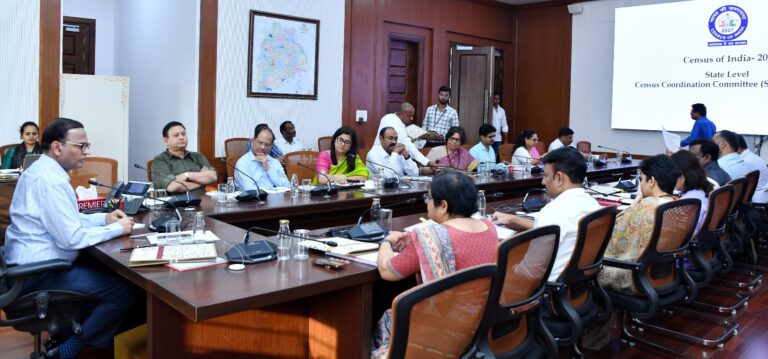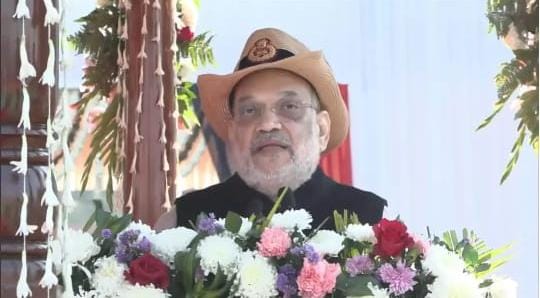
Foundation Day of the Ministry of Cooperation, GOI, on July 6
Authored Article by: Dr.S.L.N.T.Srinivas, Domain Specialist (Cooperation), Member, All India Authors Group, NCCT: Ministry of Cooperation, Govt. of India

Introduction: A New Era in Cooperative Development
The establishment of the Ministry of Cooperation by the Government of India marked a historic step toward revitalising the cooperative movement. Launched with the mission of realising ‘Sahkar se Samriddhi’, the Ministry embodies the vision of Prime Minister Narendra Modi to bring prosperity to the grassroots through people’s participation. With Union Minister for Home and Cooperation Amit Shah leading this transformative journey, the Ministry is steering India’s cooperatives toward inclusivity, modernisation, and robust institutional strength.
Genesis of the Ministry: Addressing a Long-Felt Need
For decades, the cooperative sector played a pivotal role in India’s rural and economic development. However, the absence of a dedicated ministry resulted in fragmented governance and policy gaps. Recognising this, the Government of India established the Ministry of Cooperation in July 2021 to provide a focused, holistic, and strategic approach to policy-making, coordination, and capacity building for over 8 lakh cooperative societies across India.
Major Reforms and Milestones
Under the visionary leadership of Shri Amit Shah, the Ministry has undertaken several key initiatives:
- Computerisation of PACS: Over 63,000 Primary Agricultural Credit Societies (PACS) are being modernized with a central software platform, enhancing transparency and service delivery.
- Model Byelaws for PACS: The introduction of model byelaws allows PACS to function as multipurpose service centres, enabling them to undertake activities like banking, insurance, storage, and processing.
- National Cooperative Database: For the first time, a comprehensive database of cooperatives is being developed to enable data-driven policy decisions.
- National Cooperative Policy (Draft): A new national policy is in the works to strengthen governance, professional management, and inclusiveness.
- Formation of National Level Cooperative Institutions: New apex bodies such as the National Cooperative Export Society (NCEL), National Cooperative Organic Society (NCOS), and National Cooperative Seed Society (NCSS) have been launched to enable Indian cooperatives to compete globally.

Capacity Building through Tribhuvan Sahakari University
On the eve of International Day of Cooperatives (5 July 2025), the Ministry laid the foundation stone for India’s first national-level cooperative university—Tribhuvan Sahkari University at Anand, Gujarat. This institution will address the long-standing need for professional education, research, and training in cooperative governance, law, management, and rural development. It aims to empower over 20 lakh cooperative functionaries over the next five years.
Digitisation and Good Governance
Transparency and digital empowerment are central to the Ministry’s strategy. Initiatives like the Unified Cooperative Portal and integration with government schemes such as PM-KISAN and eNAM are helping cooperatives serve as the last-mile delivery channels. Emphasis on audit reforms, elections, and leadership training ensures that cooperative institutions function with professionalism and democratic integrity.
Women and Youth in Cooperatives
The Ministry is also actively promoting gender inclusion and youth participation. By supporting women-led cooperatives and encouraging youth engagement through education and skill development, it is fostering a new generation of cooperative leaders. This aligns with the national goals of social equity and economic justice.
Global Recognition and the Road Ahead
India’s cooperative development model is gaining global attention. The International Year of Cooperatives 2025 offers an opportunity to showcase India’s innovations in this sector. With clear policy direction, institutional reforms, and leadership commitment, the Ministry of Cooperation is transforming cooperatives into engines of rural prosperity, employment, and inclusive growth.
Conclusion: Realising the Dream of Viksit Bharat
On the Foundation Day of the Ministry of Cooperation, we celebrate not only an institution but a nationwide movement that empowers farmers, women, artisans, and rural entrepreneurs. Guided by the Hon’ble Prime Minister and spearheaded by Shri Amit Shah, the Ministry stands as a pillar of New India’s developmental agenda. It exemplifies how a cooperative spirit, when harnessed with clarity and commitment, can lead India to its vision of Viksit Bharat—strong, inclusive, and self-reliant.




